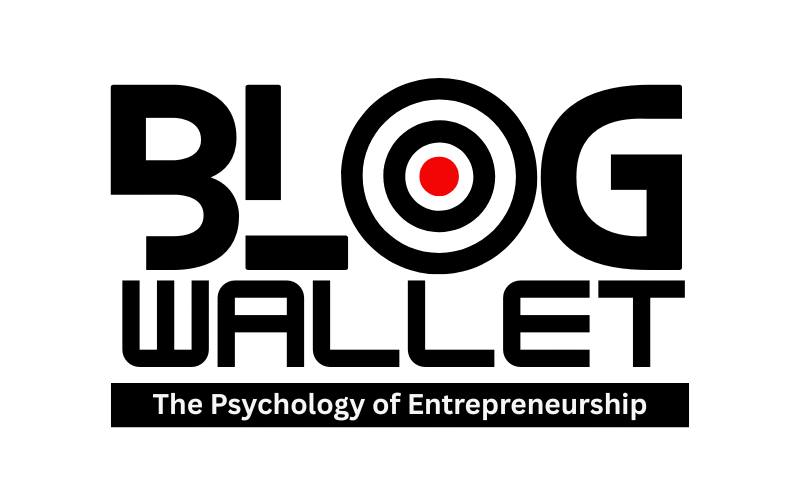Stuck in a Failing Business
Too many entrepreneurs cling to failing businesses like a bad marriage, ignoring the obvious signs that it’s time to move on. They gamble their last dollars on a magical turnaround that never comes, only digging a deeper hole. If you recognize these warning signs, it’s time to rethink your strategy.
You No Longer Enjoy the Business
Remember when you started your business and passion was your fuel? That fire is essential. Without it, your business runs on empty.
If you launched a bakery just because there wasn’t one nearby but hate baking, you’re unlikely to last. Even hiring passionate staff won’t fix an owner’s lack of enthusiasm—it trickles down to your team and customers.
In 2025, if you’re not waking up excited to work on your business, that’s a glaring red flag. You can’t sell what you don’t believe in anymore.
Your Industry Changed, But You Haven’t
Industries evolve faster than ever. Consumer habits, technology, and market demands shift constantly. Businesses that refuse to pivot become relics.
Look at record stores: most vanished, but Amoeba Music thrived by reinventing itself—selling online, hosting events, and auctioning memorabilia. Adaptation is survival.
In 2025, that means embracing AI, automation, and the creator economy. If you’re ignoring these trends, you’re already behind.
You Don’t Trust Anyone to Help
No one will love your business like you do, but trying to do everything yourself is a fast track to burnout and stagnation.
Training people can be frustrating and costly, but refusing to delegate caps your growth.
Here’s the 2025 advantage: AI and automation tools can shoulder routine tasks—scheduling, customer communications, bookkeeping, marketing drafts, SEO, inventory management. This frees you to focus on strategy and creativity without losing control.
You’re Not Paying Attention
On the flip side, some owners check out completely, leaving the business to run itself while they “work on other projects.” Customers and employees notice when the captain is absent, and credibility tanks.
Balance is key. You must be present enough to steer the ship but not so much that you micromanage.
AI dashboards and analytics tools help you stay connected in real time—tracking sales, spotting leaks, and monitoring team performance—without hovering.
You’re Spending Lavishly
Small business finances are feast or famine, especially in the first five years. One good quarter isn’t a green light for luxury cars or lavish vacations.
High-interest debt on flashy toys drains your safety net. Smart entrepreneurs save, reinvest, and live within their means. Luxury is a reward, not a necessity.
Your Own Greed
Greed kills growth. Charging premium prices while underpaying your team or relying on unpaid interns is a recipe for disaster.
Clients expect value, and your employees deserve fair compensation. Hypocrisy here will choke your business’s potential.
Fear
Fear traps entrepreneurs in failing businesses. I’ve seen people throw good money after bad, pouring funds into distractions instead of growth.
Fear of quitting can cost more than failure itself. Sometimes the bravest move is to cut losses and pivot.
Entrepreneur Depression
This isn’t just sadness—it’s a burnout tied to your business’s struggles. When your company feels irrelevant or burdensome, it seeps into your personal life.
AI can’t cure depression, but it can lighten your load by automating soul-draining tasks. This frees you to focus on what fuels your passion—strategy, creativity, and meaningful work.
The Rule for 2025
If you’re doing everything yourself, refusing to adapt, spending recklessly, or ignoring your well-being, you’re setting yourself up for failure.
AI isn’t here to replace your drive—it’s here to buy back your time. Use it to focus on what lights you up instead of what burns you out.
Because if you don’t love your business anymore, it won’t love you back.
